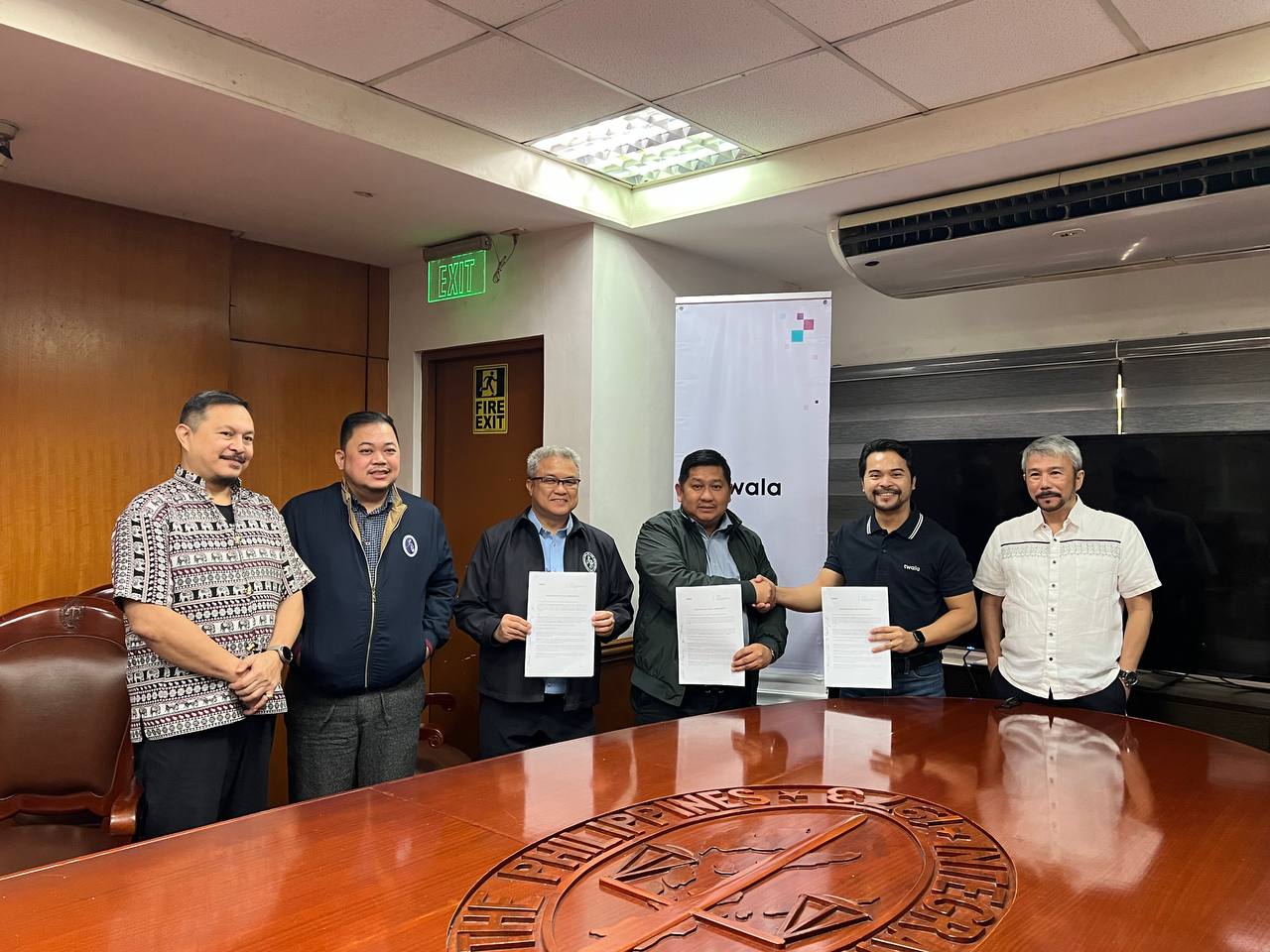The Paper Problem: Why PH Enterprises Are Losing Time and Money
Despite the ongoing digital shift, 70% of enterprises in the Philippines still heavily rely on physical paperwork for their operations. This dependence on paper is not only costing businesses in terms of time but is also draining financial resources that could be better invested elsewhere.
High Costs of Paper-Based Processes
The expense of buying paper, printing supplies, storage, and document handling adds up quickly. On average, Philippine companies spend significant portions of their operational budgets on office supplies like A4 paper, file folders, and other consumables essential for maintaining paper trails. Moreover, the labor involved in managing paper documents filing, retrieving, and securing further increases operational costs.
Time Lost Due to Paperwork
Manual paperwork slows down critical business processes. From contract approvals to invoice payments, delays caused by document transportation and physical signatures hinder productivity. Studies show businesses can save up to 14 hours per week per employee by shifting to paperless solutions such as digital signatures and automated workflows.
Environmental and Sustainability Concerns
Rising recycled paper sales in 2024 indicate awareness of sustainability issues, yet the overall consumption of paper still poses environmental challenges. Transitioning to digital alternatives not only cuts costs but contributes to eco-friendly business practices critical to corporate social responsibility.
The Road to Paperless Business Operations
Companies that embrace paperless operations using tools such as e-signatures and electronic document management are reducing expenses, enhancing productivity, and attaining competitive edge. These changes are critical for PH businesses that want to succeed in the digitally-comparative economy.
The Paper Problem: Why PH Enterprises Are Losing Time and Money
Despite the ongoing digital shift, 70% of enterprises in the Philippines still heavily rely on physical paperwork for their operations. This dependence on paper is not only costing businesses in terms of time but is also draining financial resources that could be better invested elsewhere.
High Costs of Paper-Based Processes
The expense of buying paper, printing supplies, storage, and document handling adds up quickly. On average, Philippine companies spend significant portions of their operational budgets on office supplies like A4 paper, file folders, and other consumables essential for maintaining paper trails. Moreover, the labor involved in managing paper documents filing, retrieving, and securing further increases operational costs.
Time Lost Due to Paperwork
Manual paperwork slows down critical business processes. From contract approvals to invoice payments, delays caused by document transportation and physical signatures hinder productivity. Studies show businesses can save up to 14 hours per week per employee by shifting to paperless solutions such as digital signatures and automated workflows.
Environmental and Sustainability Concerns
Rising recycled paper sales in 2024 indicate awareness of sustainability issues, yet the overall consumption of paper still poses environmental challenges. Transitioning to digital alternatives not only cuts costs but contributes to eco-friendly business practices critical to corporate social responsibility.
The Road to Paperless Business Operations
Businesses that adopt paperless processes through technologies like e-signatures and digital document management are cutting costs, improving efficiency, and gaining competitive advantages. These shifts are essential for PH enterprises aiming to thrive in a digitally-driven economy.



-2.png)

.png)
